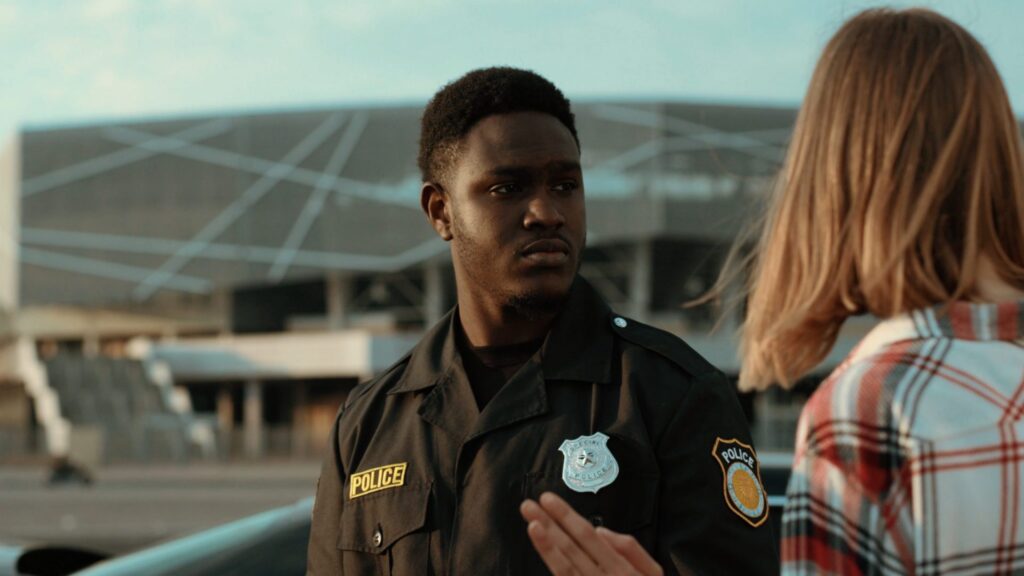The police have a hard job. Every day, they’re responsible for keeping the people in their communities safe. However, in making sure everyone is safe, they have little restraint, and can do pretty much anything that even has a chance of keeping their community just a little more secure. To make matters worse, if police do make a mistake and arrest someone who is actually innocent, they rarely, if ever, face repercussions. Worse still, some police departments take account of arrest numbers to decide who to promote and who to reprimand.
In all, there is a significant incentive for police to do everything possible to arrest you, and no reason for them to worry if you end up being innocent. The result is that many completely innocent people get arrested for things that they could have done only through a huge stretch of the imagination.
A common way for innocent people to get arrested and charged for crimes that they didn’t do is for them to voluntarily talk to police about an incident. As soon as a police officer suspects that someone has broken the law, they will focus on gathering more evidence and making an arrest.
Oftentimes, gathering evidence involves nothing more than talking to a suspect and noting their response. Entirely too often, someone completely innocent will respond uneasily, overthinking what they’re saying, and inadvertently making it sound like they’re up to no good, or glossing over a complicated answer with a white lie that’s simpler to say. By continuing to question you, police are able to keep you talking until you’ve contradicted yourself, or said something confusing that makes it seem like you’re up to no good. Voila. You’ve provided law enforcement with evidence that you’ve committed a crime.
Some people don’t think that this is the case. Police are out for the public good, arresting criminals and those who deserve it. They’re not magicians who can make you say something you don’t want to say.
In reality, it’s easy to make other people uncomfortable, and make them say things they might not mean.
You can even try it at home. Here’s how.
The next time you see your friend or your spouse, ask them a simple question. It can be “What did you do today?” or “What did you have for dinner last night?”
When they tell you, don’t respond. Don’t even react. Instead, just stare at them. There will be an awkward pause, but then they’ll say something else, maybe asking why you want to know, or maybe elaborating on their answer, telling you more. You can keep staring, and they’ll keep talking, getting more and more uneasy and giving more and more details that you can then question and challenge.
When people feel like they’re not giving complete answers to questions, they’ll volunteer more and more information to make things less uncomfortable. Police know this, and they use it to make innocent people sound like they’re hiding something.
If you’ve been charged with a crime, you need an experienced criminal defense attorney. Call the law office of William T. Bly at (207) 571-8146 or contact him online.


